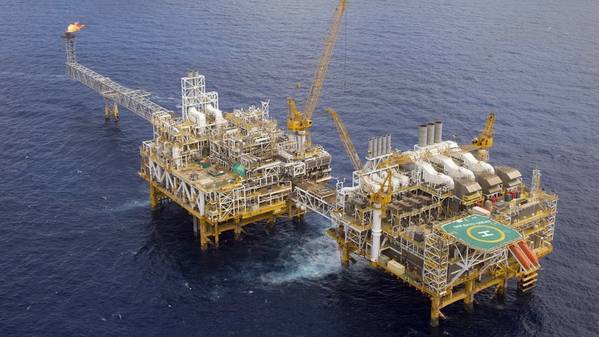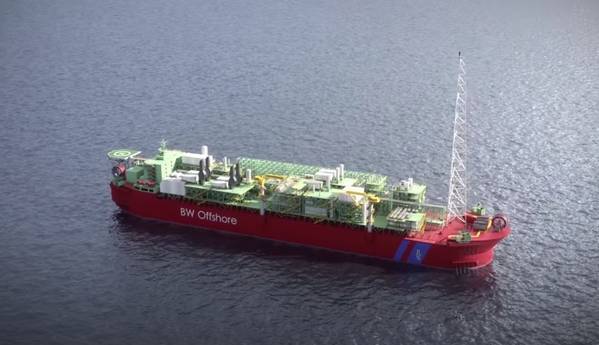
East Timor wants to press ahead with plans for a carbon capture and storage (CCS) project in a depleted oil and gas field off its coast as it races to fill a multi-billion dollar revenue hole starting in late 2023 when the field dries up.
The Bayu Undan field southwest of the impoverished island nation has been the country's biggest source of revenue since it started producing oil and gas in 2006, providing more than $23 billion in revenue.
The field, now operated by Australia's Santos Ltd, is expected to stop producing in 2023.
Santos has proposed to use the Bayu Undan reservoir for capturing and storing carbon dioxide (CO2) from a new field it is developing off northwestern Australia, the $3.6 billion Barossa project, where the gas has a very high CO2 content compared to other projects in the region.
"We are yet to discuss the commercial model for the CCS project. But the government of Timor Leste sees this as a great opportunity not to be missed," said Florentino Soares Ferreira, the president of East Timor's National Petroleum and Minerals Authority.
East Timor sees the Bayu Undan carbon capture and storage (CCS) project - the first in the country - as essential to other potential oil and gas projects that it wants international companies to develop.
Developing oil and gas fields with linked carbon capture storage offers the potential to make them carbon neutral, amid global goals to slash carbon emissions.
"With CCS we are looking forward to develop a commercial model of carbon economies that is relatively attractive in order to be able to tap into the unlocked resources that we have remaining in gas and oil fields," Ferreira told Reuters.
He was speaking from Dubai, where he was promoting 18 oil and gas blocks, with a view of linking them to Bayu Undan CCS, so that the projects could become carbon neutral. Bids are due in March 2022.
The Bayu Undan CCS project is expected to cost "above $1 billion", Ferreira said.
Santos declined to comment, but Chief Executive Kevin Gallagher said in a recent speech:
"We know we have some of the best offshore reservoirs in the region for gas injection."
TIGHT TIMELINE
Barossa is due to start producing gas in 2025, and Santos has said it expects Bayu Undan CCS to be ready when the field starts up. It sees the Bayu Undan reservoir eventually being able to store 10 million tonnes of CO2 a year.
"Time is a critical element in this project, and we are committed to allocate our resources to solving this particular challenge," Ferreira said.
Normally CO2 is stripped out and vented, but with Santos and its partners all committed to net zero emissions at their operations by 2040 or 2050, they are keen to bury the CO2.
This would involve stripping CO2 from Barossa gas at the Darwin liquefied natural gas (LNG) plant, then transporting the CO2 by a new, roughly 120 km pipeline, which would then hook up to the existing Bayu Undan pipeline and send the CO2 for injection in the Bayu Undan reservoir, 380 km further away.
Santos' South Korean partner in Barossa, energy company SK E&S, is under pressure from Korean financiers to ensure the project has CCS locked in.
A spokesperson for the Export-Import Bank of Korea said the bank has loaned $195 million for Barossa and is considering infusing $300 million through project financing. CCS for the project is among the key criteria that will be assessed before the further funding is provided, the spokesperson said.
Japan's top LNG importer, JERA, owned by Tokyo Electric Co and Chubu Electric, in April signed a letter of intent to buy a 12.5% stake in Barossa from Santos but has yet to sign a deal.
A person close to the negotiations said there is strong will to go ahead with CCS and if that does go ahead it would involve an economic sharing agreement with East Timor.
(Reporting by Sonali Paul in Melbourne and Joyce Lee in Seoul; Additional reporting by Aaron Sheldrick in Tokyo; Editing by Ana Nicolaci da Costa)